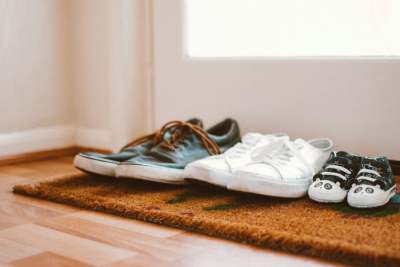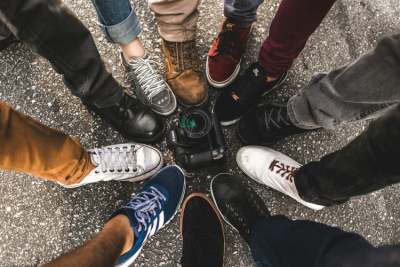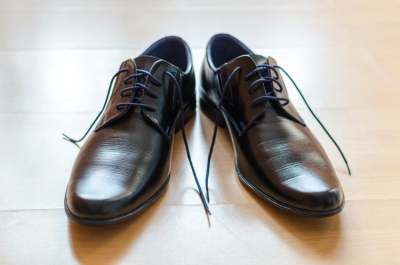In this ethical shopping guide to shoes we focus on a number of issues, from workers' rights to the sustainability of the materials used. We look at the pros and cons of synthetic leather versus animal leather, and the price of ethical shoes.
Which shoe brands are in this guide?
This guide to ethical shoes rates 36 brands of shoes, including popular high street favourites like Crocs, Dr Martens, Skechers and Vans, to smaller and specialist often vegan brands like Will's Vegan Shoes and Vegetarian Shoes.
Disappointingly, nearly half the brands scored under 25 points (out of 100). But, we did find some ethical brands to recommend as best buys, as well as some secondhand retailers. For more brands which sell only sneaker-type shoes see our trainers guide.
Where are shoes made?
There used to be much more shoe manufacturing in the UK than there is today. Very few companies still manufacture in-house. From the 1970s, production was increasingly outsourced to lower-wage and less regulated economies. It’s certainly not made easy for workers to resist, especially if their right to organise is limited. Organising to improve conditions is even harder for homeworkers in the shoe industry. In South Asia alone, the ILO estimate there are 50 million home-based workers serving different industries.






